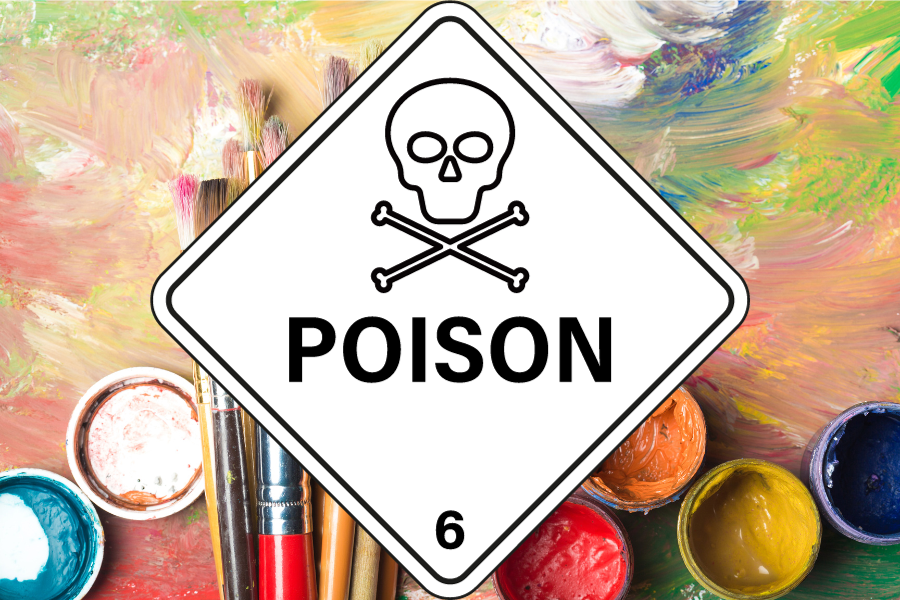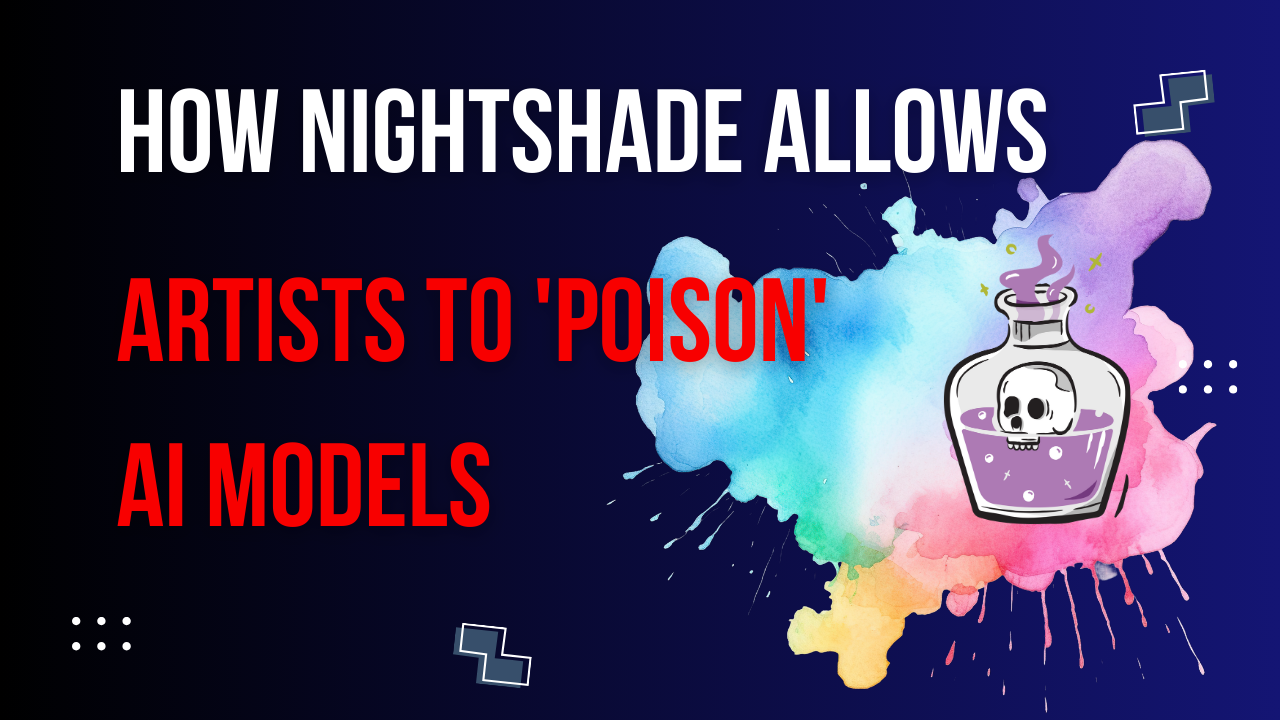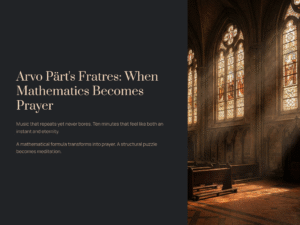Table of Contents

In the rapidly evolving landscape of artificial intelligence, a new tool named Nightshade has emerged, presenting a unique approach to safeguard artists’ rights. Developed as a countermeasure against AI companies training models with artwork without creators’ consent, Nightshade has the potential to significantly disrupt the way AI models are trained.
The Invisible Shield: How Nightshade Works
Artists can now add invisible changes to their images before uploading them online, thanks to Nightshade. When these altered images are scraped for AI training, they can cause confusion and unpredictable damage to the AI models. This technique of ‘poisoning’ the training data can result in AI models incorrectly identifying objects – for instance, mistaking dogs for cats or cars for cows.
The concept behind Nightshade arose from the ongoing legal battles that major AI companies like OpenAI, Meta, Google, and Stability AI face. These companies have been sued by numerous artists claiming their copyrighted material and personal information were scraped without consent or compensation.
Glaze: Masking Artistic Styles
Complementing Nightshade, the Glaze tool was developed by the same team led by Professor Ben Zhao of the University of Chicago. Glaze allows artists to ‘mask’ their styles from being collected by AI companies. It subtly alters image pixels in a way that’s invisible to the human eye but causes AI models to misinterpret the images.
Unity plans to integrate Nightshade with Glaze, giving artists the choice to use these tools. Moreover, Nightshade will be open-sourced, allowing individuals to modify and create their versions, enhancing its effectiveness.
Targeted Defense Against AI Scraping
Nightshade exploits a vulnerability in generative AI models, which heavily rely on vast amounts of data, often scraped from the internet. Artists wary of their work being used by AI companies can upload their art to Glaze, mask it in a different style, and then opt to use Nightshade. This ‘poisoned’ data, when scraped, can malfunction the AI models.
For example, in one experiment, supplying 50 poisoned images of dogs led to the creation of bizarre creatures with multiple limbs or cartoonish faces. Such attacks can also spread to related images and concepts, showing the potential widespread impact of Nightshade.
The Double-Edged Sword of Data Poisoning
While effective, data poisoning techniques like Nightshade could be misused. To cause significant damage to a large-scale AI model, thousands of poisoned samples would be required, given that these models are trained on billions of data samples.
Reshaping the Power Dynamics
Nightshade and Glaze are more than tools; they are a statement. They represent a shift in power dynamics, encouraging AI companies to respect artists’ rights more earnestly. Illustrators like Eva Turrent and Autumn Beverly express hope and newfound confidence in posting their work online, knowing tools like Nightshade can protect their creative rights.
Nightshade and Glaze highlight the ongoing conversation about AI ethics, copyright protection, and the rights of digital creators. As AI technology continues to advance, the role of such tools in protecting artists’ rights becomes increasingly crucial, offering a powerful deterrent against unauthorized data scraping.
As the debate on AI and copyright continues, Nightshade and Glaze stand as beacons of hope for artists worldwide, symbolizing a movement towards a more ethical and balanced digital landscape.
Discover More
As we wrap up our journey through the hidden layers of the internet, it’s clear that the digital world is vast and full of mysteries. But the exploration doesn’t have to stop here! If you’re intrigued by the complexities of the internet, you might also enjoy delving into these related topics
Is it Good or Bad for a Company to Own a Lot of Data? – ReViewMaster DEN (rvmden.com)



